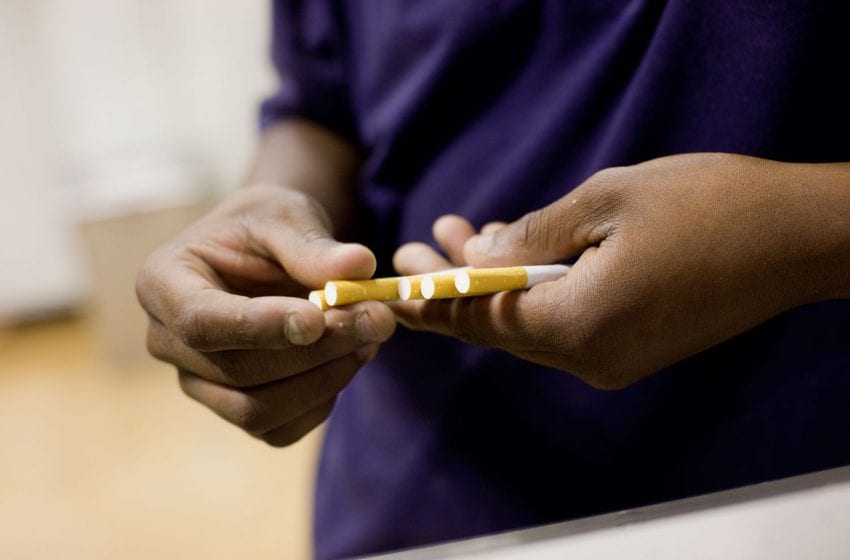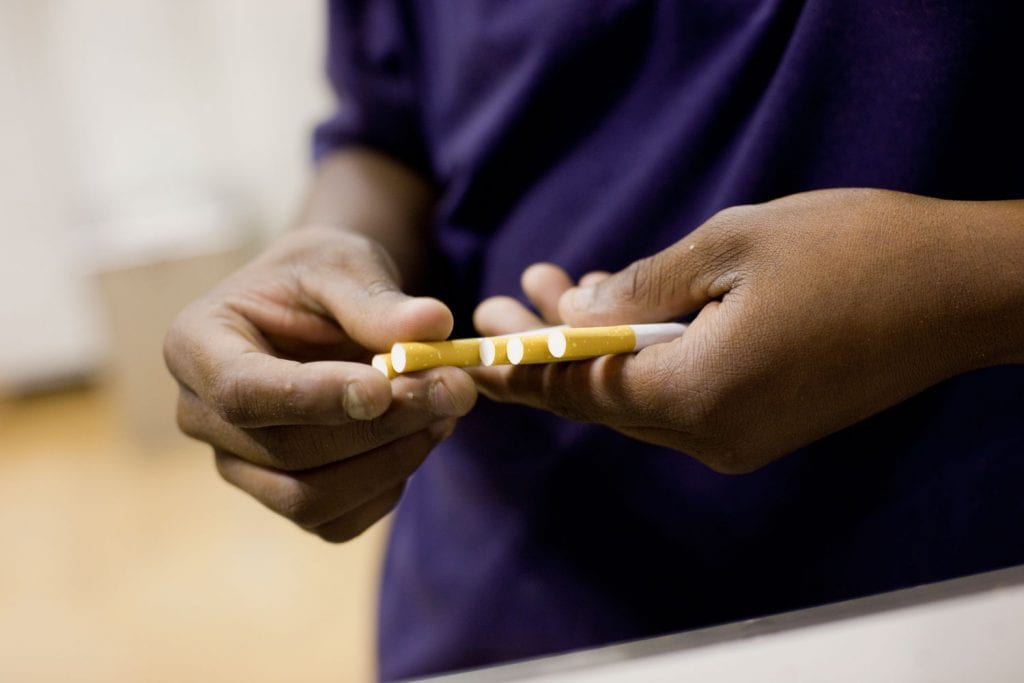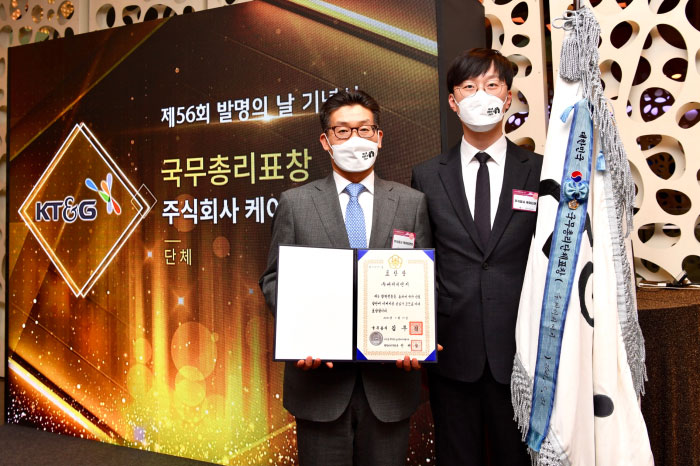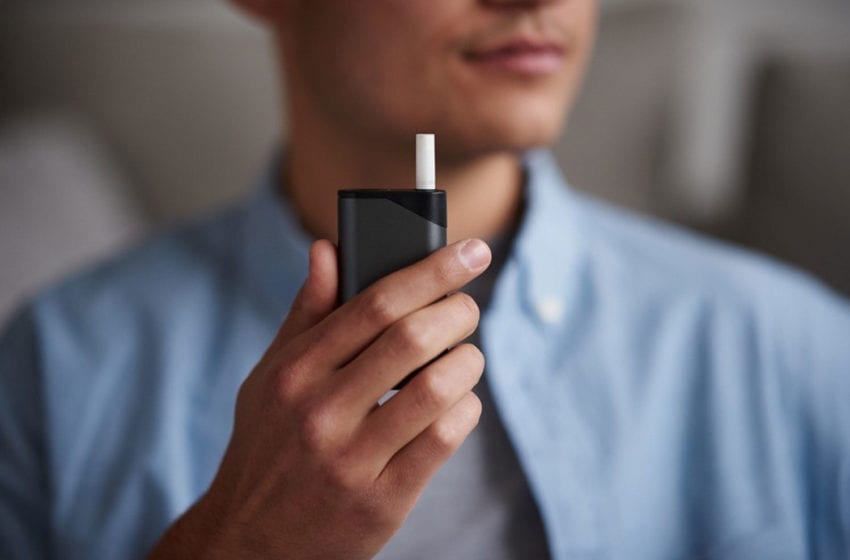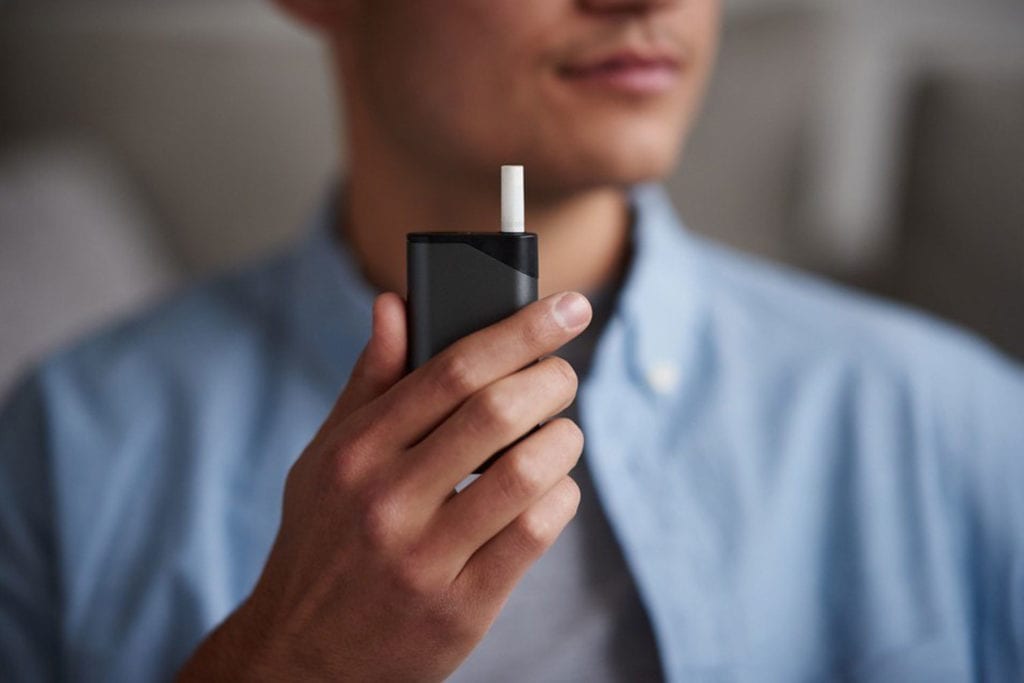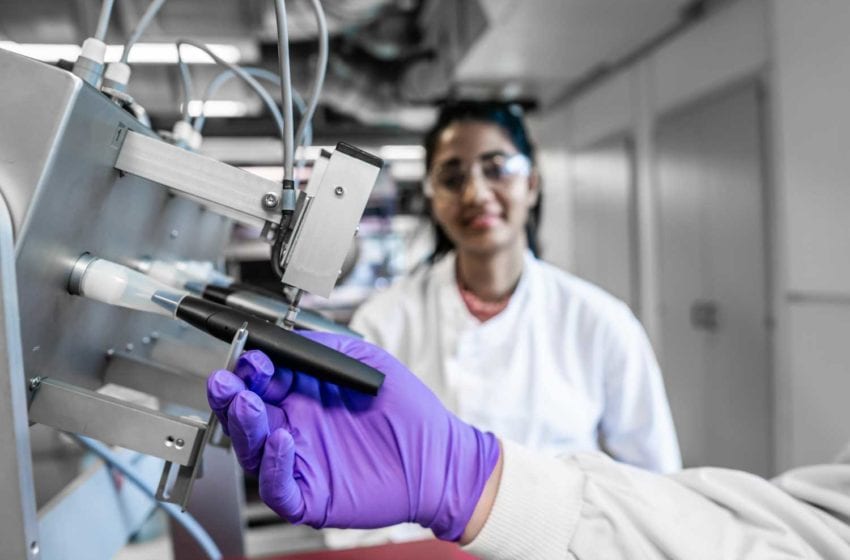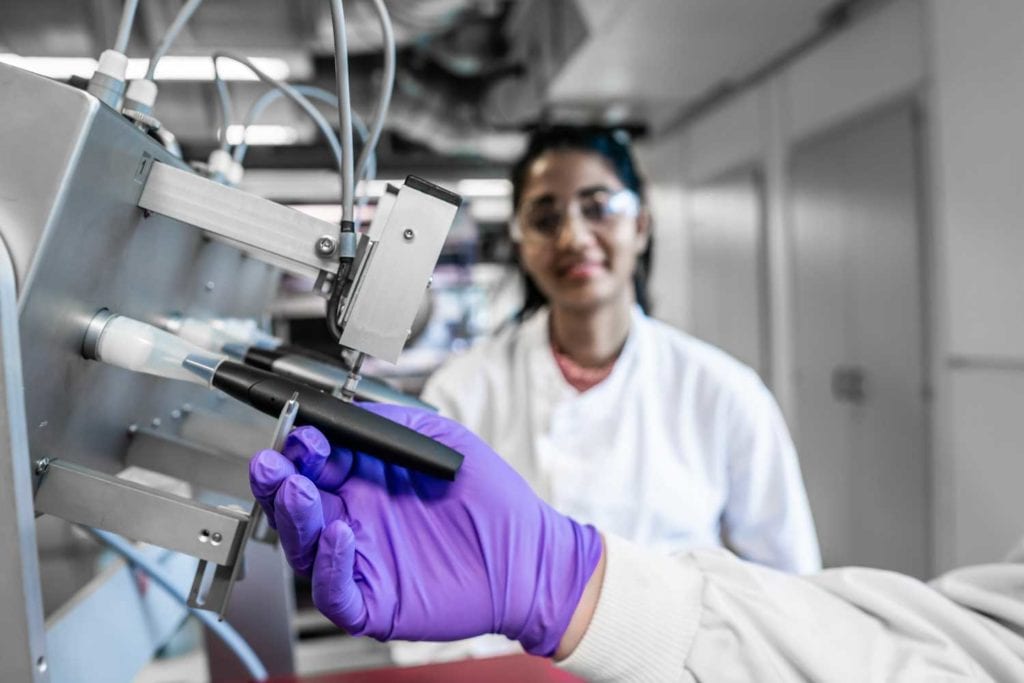
The Supreme Court of Ukraine has thrown out a UAH460 million ($16.83 million) fine imposed by the Antimonopoly Committee of Ukraine (AMCU) on Imperial Tobacco Ukraine and Imperial Tobacco Production Ukraine for alleged anticompetitive behavior, reports the Kyiv Post.
In October 2019, the Antimonopoly Committee fined the local affiliates of Philip Morris International, British American Tobacco, Japan Tobacco and Imperial Brands along with Tedis Ukraine. Concerted actions by the tobacco companies had unlawfully left Ukraine with only one cigarette distributor, Tedis, the AMCU maintained.
Imperial appealed to the Commercial Court of Kyiv, which ruled in favor of the AMCU. On July 21, 2020, the company paid the full fine to prevent the imposition of additional penalties and to avoid further pressure on the company’s operations by the AMCU.
After an appeal to the Northern Commercial Court of Appeal was also rebuffed, Imperial turned to the Supreme Court, which has now found in its favor.
In a Ukrainian-language press release, Imperial Tobacco Ukraine CEO Rastislav Cernak said the ruling was an encouraging sign for all foreign investors in Ukraine.
“Our company has always acted completely transparently and decently, advocating fair and honest competition, observing all antimonopoly laws not only in Ukrainian legislation but also the principles of protecting economic competition laid down in EU legislation,” he was quoted as saying.
Earlier, Ukrainian courts threw out the AMCU fines against British American Tobacco and Tedis.
Imperial Tobacco Ukraine manufactures cigarettes in Kyiv. About 50 percent of its products are exported to 20 markets, including Armenia, the United Arab Emirates and the United States.




